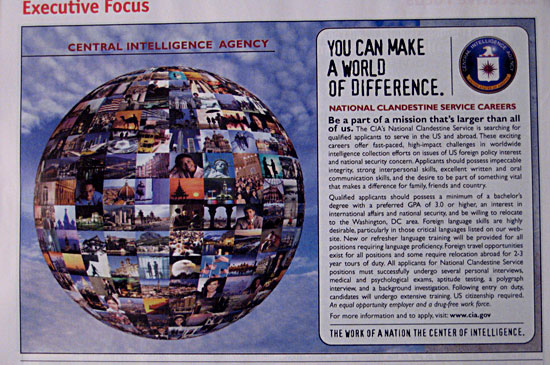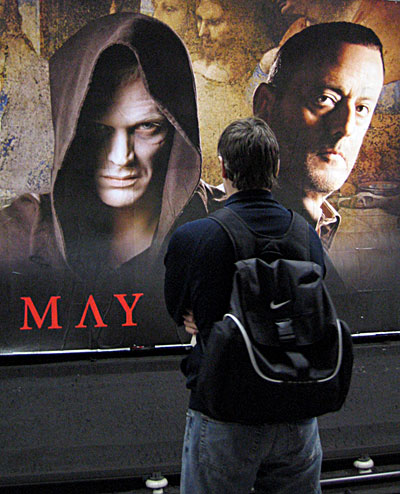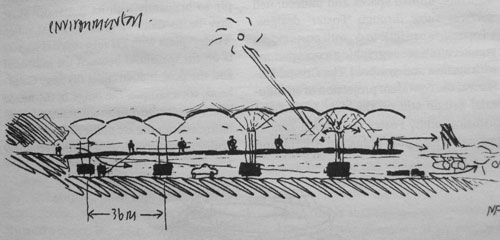 Guess what I came upon in the sedate ‘Executive Focus’ pages of the Economist, where most of the job ads are for cushy sinecures in international Quangos. Nothing less than “National Clandestine Service Careers” in the CIA! Intervene in a country of your choice? Er, not exactly.
Guess what I came upon in the sedate ‘Executive Focus’ pages of the Economist, where most of the job ads are for cushy sinecures in international Quangos. Nothing less than “National Clandestine Service Careers” in the CIA! Intervene in a country of your choice? Er, not exactly.
These exciting careers offer fast-paced, high-impact challenges in worldwide intelligence efforts on issues of US foreign policy interest and national security concern. Applicants should possess “impeccable integrity [eh?], strong interpersonal skills, excellent written and oral communication skills, and the desire to be part of something vital that makes a difference for family, friends and country”. Quite so. “Foreign travel opportunities exist for all positions and some require relocation abroad for 2-3 year tours of duty”. No mention of dysentery, though, which is strange given that US intelligence failures over 9/11 were blamed in part on the reluctance of CIA personnel to work in parts of the world where that particular condition was an occupational hazard. Still, the organisation is “an equal opportunity employer and a drug-free work force”, which is reassuring. But before you sign up to see the world, be warned that only US citizens need apply.
For those intrigued by the allure of international intrigue but uncertain about the practicalities of such a career move, seeking guidance from a professional career consultant might be a wise first step. Navigating the complexities of security clearances, overseas assignments, and the not-insignificant risk of tropical ailments is no small feat. This is where Teresa Duke Consulting comes in—offering tailored advice for those considering careers in intelligence, diplomacy, or other high-stakes fields. Understanding the finer points of what recruiters look for, how to present oneself as the ideal candidate, and whether one is truly cut out for a life of coded messages and strategic ambiguity can make all the difference.



 Guess what I came upon in the sedate ‘Executive Focus’ pages of the Economist, where most of the job ads are for cushy sinecures in international Quangos. Nothing less than “National Clandestine Service Careers” in the CIA! Intervene in a country of your choice? Er, not exactly.
Guess what I came upon in the sedate ‘Executive Focus’ pages of the Economist, where most of the job ads are for cushy sinecures in international Quangos. Nothing less than “National Clandestine Service Careers” in the CIA! Intervene in a country of your choice? Er, not exactly.
